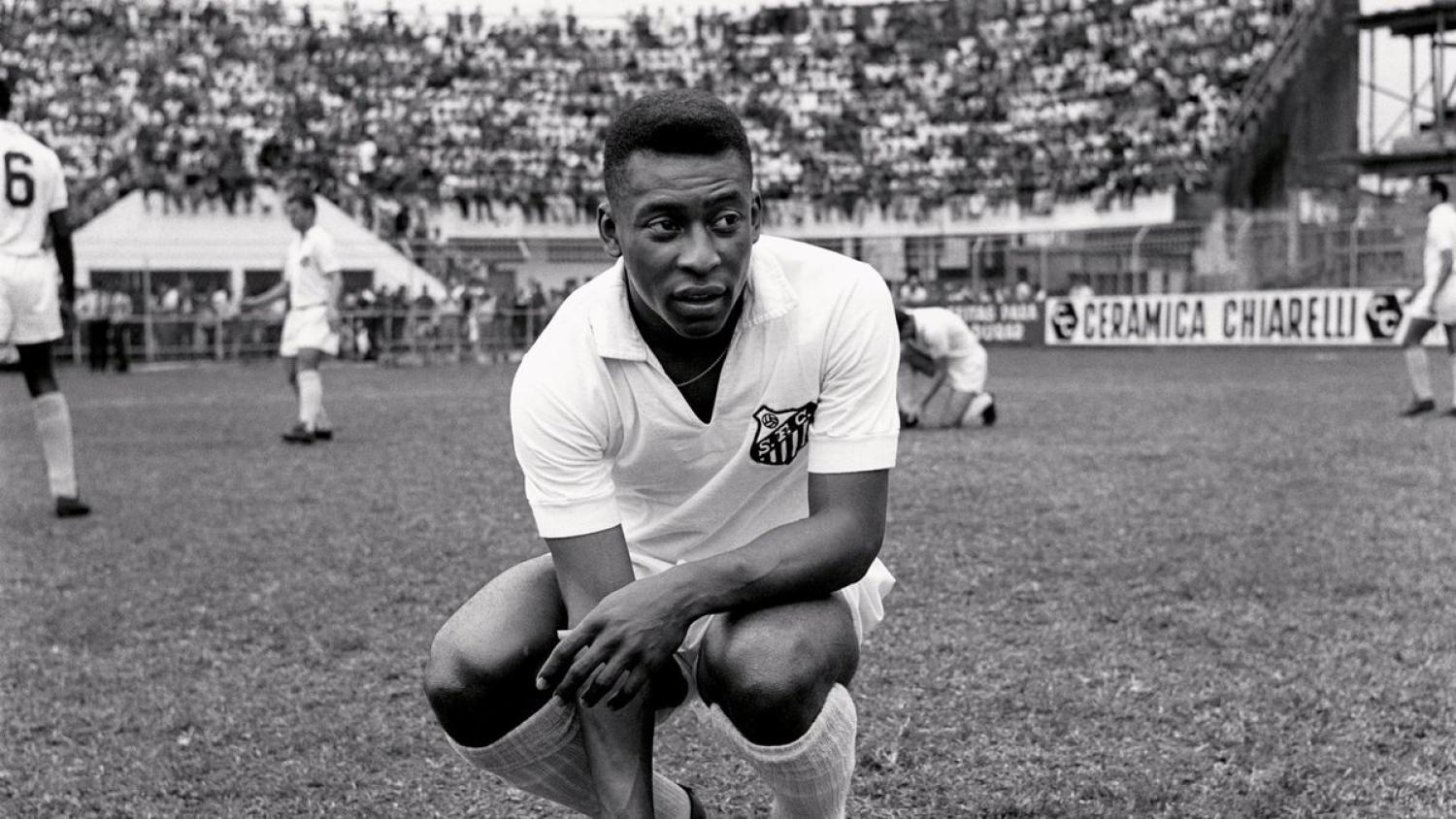Pelé may be 77 years old, but he’s still winning. On Friday, Pelé won two club world championships.
During a FIFA Council meeting on Friday in Kolkata, India, football’s world governing body decided to retrospectively recognize all European and South American champions of the Intercontinental Cup as club world champions. The Intercontinental Cup was a precursor to the FIFA Club World Cup. Every winner from 1960 to 2004 is now considered a Club World Cup winner.
The announcement came 10 months after FIFA said Intercontinental Cup winners were not world champions, an odd change of heart but one that will be welcomed by the 25 different clubs who can now call themselves the best in the world. The Intercontinental Cup pitted the winner of the Champions League (or its predecessor the European Cup) against the Copa Libertadores champion.
Among these new club world champions is Santos, which won the Intercontinental Cup in 1962 and 1963 with Pelé leading the way. In 1962 he scored five goals over two legs in which Santos defeated Benfica 8-4 on aggregate. The next season, he had four goals in three matches against AC Milan. Because the teams were tied 6-6 on aggregate, a playoff in front of 120,000 at the Maracanã was won by Santos, 1-0.
While Santos was one of the biggest winners of the Friday's FIFA decision, five clubs won the competition three times: AC Milan (Italy), Peñarol (Uruguay), Real Madrid (Spain), Boca Juniors (Argentina) and Nacional (Uruguay). Argentina won the most Intercontinental Cups with nine from six different clubs: Boca, Independiente, Estudiantes, River Plate, Racing Club and Vélez Sarsfield.
Manchester United was the only one English club to ever win the competition. The Red Devils won in 1999 following their treble thanks to a miraculous Champions League final win in which United scored two goals in stoppage time to beat Bayern Munich 2-1.
The Intercontinental Cup ended in 2004, at which point the FIFA-sanctioned Club World Cup began play. The latter competition included representatives from every FIFA confederation, but no team outside of Europe and South American has yet won the tournament, although Japan’s Kashima Antlers came close by taking Real Madrid to extra time last year before losing 4-2.
The following Intercontinental Cup winners are now considered club world champions.
- Year Winner Country
- 1960 Real Madrid Spain
- 1961 CA Peñarol Uruguay
- 1962 Santos FC Brazil
- 1963 Santos FC Brazil
- 1964 Inter Italy
- 1965 Inter Italy
- 1966 CA Peñarol Uruguay
- 1967 Racing Club Argentina
- 1968 Estudiantes Argentina
- 1969 AC Milan Italy
- 1970 Feijenoord Netherlands
- 1971 Nacional Uruguay
- 1972 AFC Ajax Netherlands
- 1973 Independiente Argentina
- 1974 Atlético Madrid Spain
- 1976 Bayern München Germany
- 1977 Boca Juniors Argentina
- 1979 Club Olimpia Paraguay
- 1980 Nacional Uruguay
- 1981 Flamengo RJ Brazil
- 1982 CA Peñarol Uruguay
- 1983 Grêmio Porto Alegre Brazil
- 1984 Independiente Argentina
- 1985 Juventus Italy
- 1986 River Plate Argentina
- 1987 FC Porto Portugal
- 1988 Nacional Uruguay
- 1989 AC Milan Italy
- 1990 AC Milan Italy
- 1991 Crvena Zvezda Serbia
- 1992 São Paulo FC Brazil
- 1993 São Paulo FC Brazil
- 1994 Vélez Sársfield Argentina
- 1995 AFC Ajax Netherlands
- 1996 Juventus Italy
- 1997 Borussia Dortmund Germany
- 1998 Real Madrid Spain
- 1999 Manchester United England
- 2000 Boca Juniors Argentina
- 2001 Bayern München Germany
- 2002 Real Madrid Spain
- 2003 Boca Juniors Argentina
- 2004 FC Porto Portugal





